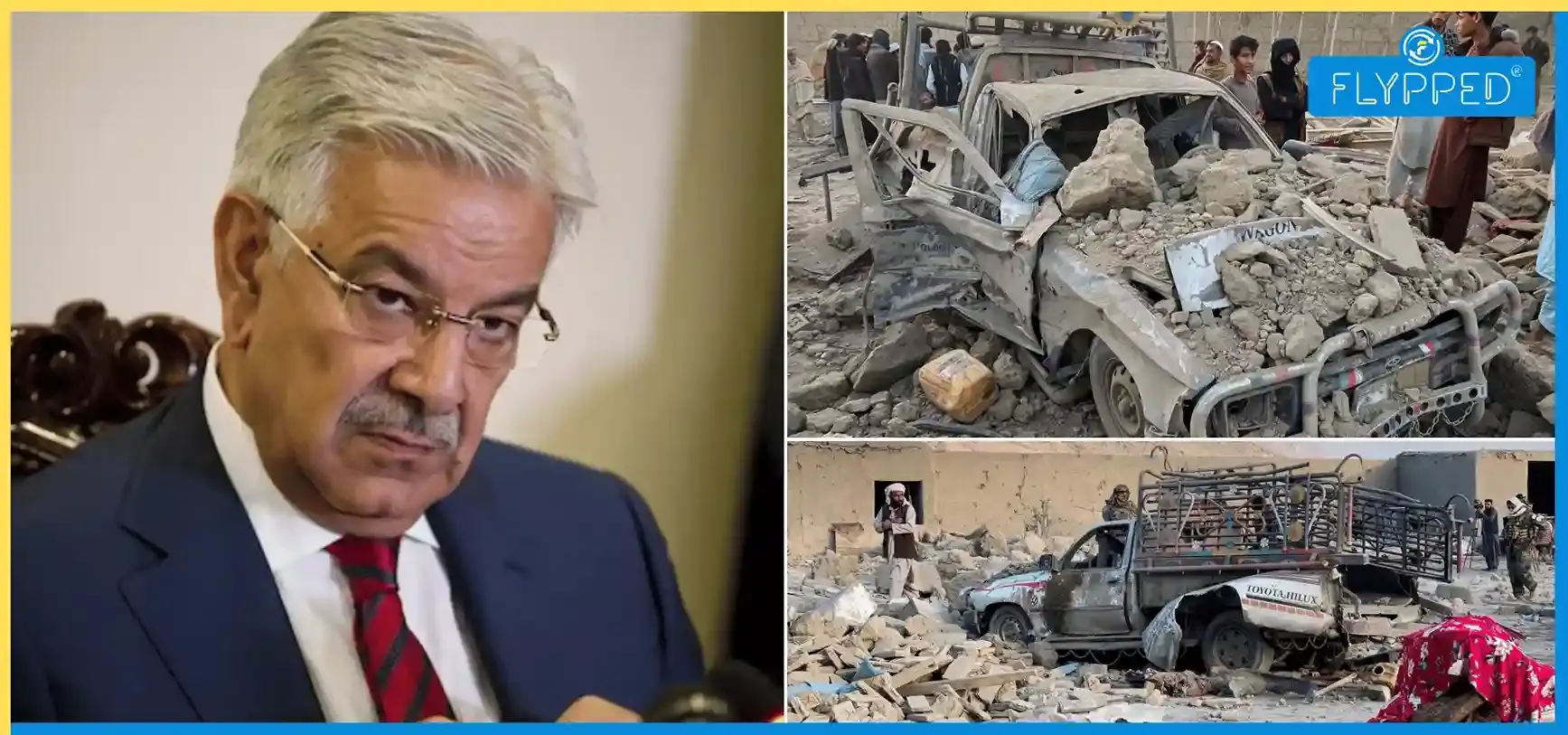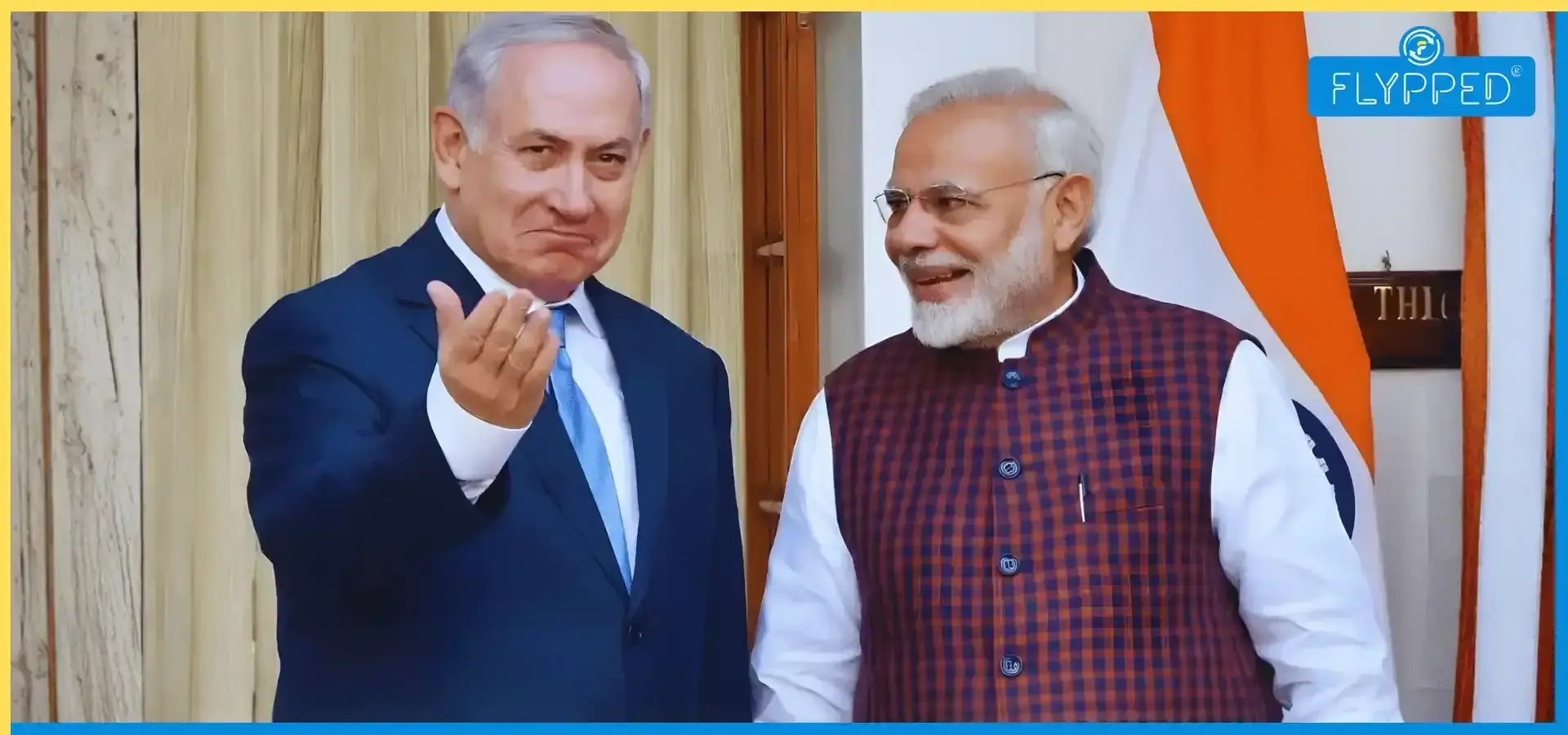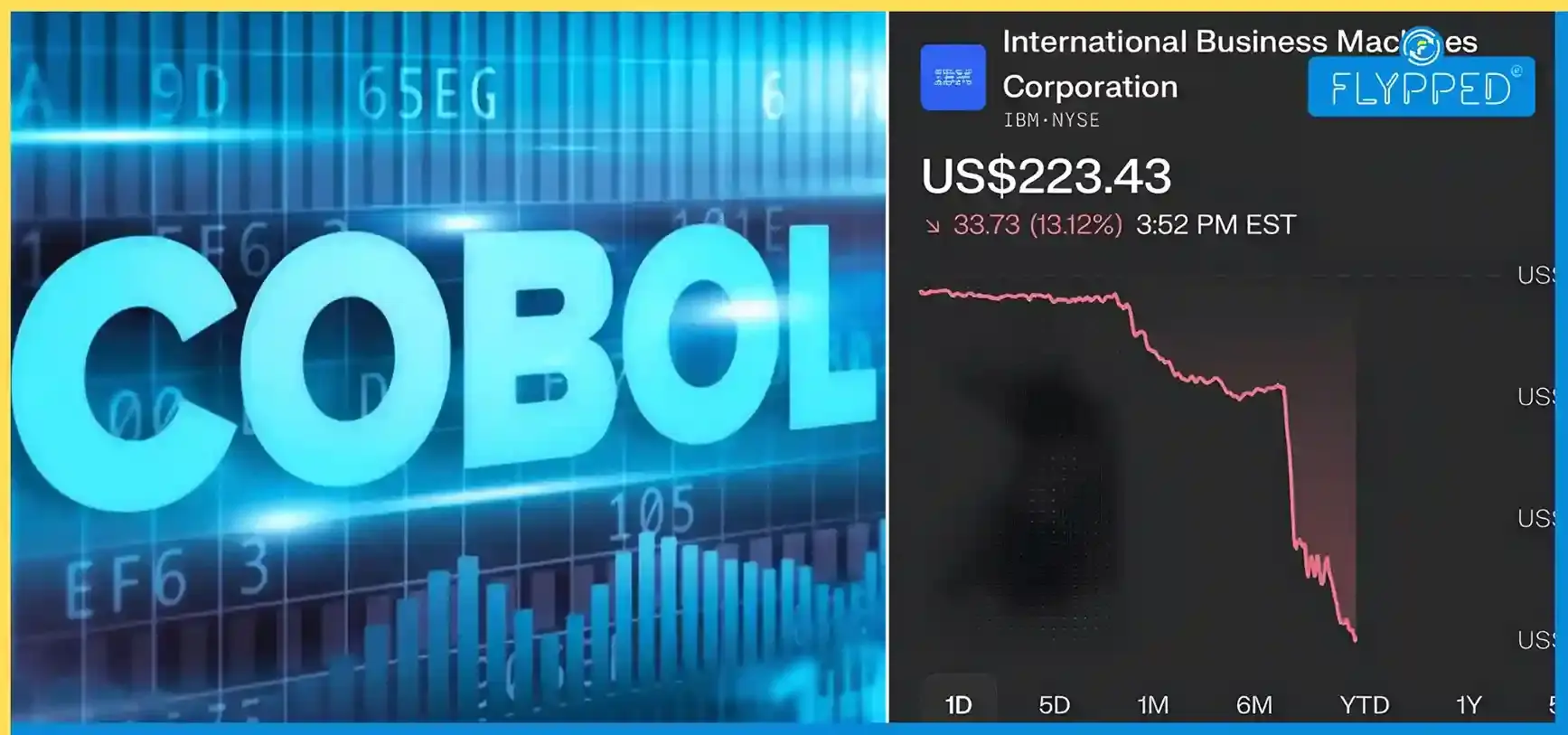Trump Halts Ukraine Aid After Warning He Won't Tolerate Zelensky

U.S. President Donald Trump has suspended military aid to Ukraine, escalating tensions with Ukrainian President Volodymyr Zelensky. The decision, reported by Bloomberg and Fox News, suggests that Trump will only resume aid when Ukraine’s leaders demonstrate a “good-faith commitment to peace.” This unexpected pause has raised urgent concerns about the future of Ukraine’s defense, the U.S.’s role in the conflict, and the balance of global power.
Why Did Trump Halt Ukraine Aid?
The White House confirmed on Monday that military assistance to Ukraine has been put on hold. According to an anonymous official, the decision aligns with Trump’s push for peace negotiations between Ukraine and Russia.
“The President has been clear that he is focused on peace. We need our partners to be committed to that goal as well,” the official told AFP.
Trump has long expressed skepticism about America’s deep involvement in Ukraine’s war effort. His administration previously hinted at reviewing foreign aid programs, and now, with this latest move, he is making it clear that he expects Kyiv to shift its strategy.
However, critics argue that pausing military aid at this crucial moment could severely undermine Ukraine’s ability to defend itself against Russia’s aggression. Any disruption in the flow of U.S. weapons could weaken Ukraine’s battlefield position, possibly forcing Zelensky into negotiations from a disadvantaged stance.
A Heated Clash Between Trump and Zelensky
Tensions between Trump and Zelensky have been mounting, reaching a boiling point in a public confrontation just days before the aid suspension. Trump, known for his blunt rhetoric, warned that he would “not put up” with Zelensky’s defiance much longer, suggesting that the Ukrainian leader should be “more appreciative” of U.S. support.

Speaking from the White House, Trump went even further, ominously stating that Zelensky “won’t be around very long” without a ceasefire agreement with Moscow.
For his part, Zelensky remains steadfast in his stance that security guarantees—not just empty promises—are necessary to end the war. He has criticized Russia for not being serious about peace, arguing that history has shown that without ironclad assurances, Ukraine remains vulnerable to further aggression.
How Will This Impact Ukraine?
Ukraine has depended on U.S. military aid to sustain its fight against Russia’s invasion. The immediate suspension of hundreds of millions of dollars in military aid—first reported by The New York Times—could significantly impact Ukraine’s ability to defend key positions.
Without continued U.S. support, Ukraine will likely turn to its European allies for additional aid. But with growing concerns about war fatigue in Europe, there are questions about whether nations like France, Germany, and the U.K. can fill the gap left by Washington.
https://twitter.com/tammytabby/status/1896730627124363327
Additionally, Ukraine’s battlefield losses could increase if it struggles to replace weapons, ammunition, and defense systems currently provided by the U.S. This shift could put further pressure on Zelensky to consider diplomatic negotiations with Russia—something Kyiv has resisted due to concerns that any premature truce would simply allow Russia to regroup and launch future attacks.
Global Reactions
Trump’s decision to halt aid has not only affected Ukraine—it has also raised alarm among Western allies.
In response to the unfolding crisis, the U.K. and France have reportedly begun exploring a temporary one-month truce that would include a ceasefire in the air, at sea, and on energy infrastructure. However, these efforts remain in their early stages, and there is no clear indication that Russia or Ukraine would agree to such a deal.
Germany’s likely next chancellor, Friedrich Merz, characterized Trump’s decision as a “deliberate escalation,” suggesting that the former U.S. president may be using the crisis as leverage in global power dynamics.
Meanwhile, in Moscow, Kremlin spokesman Dmitry Peskov took aim at Zelensky, claiming that the Ukrainian leader demonstrated a “complete lack of diplomatic abilities” and arguing that he does not genuinely want peace.
Does This Benefit Russia?
While Trump insists his actions are aimed at achieving peace, many critics argue that halting U.S. aid plays directly into Russian President Vladimir Putin’s hands.
Russia has long sought to weaken Western support for Ukraine, and any sign of division among Ukraine’s allies could embolden Moscow to push further into Ukrainian territory. Already, there are reports of increased Russian military activity, with Ukrainian officials confirming fatalities from a recent missile strike on a military training facility near Dnipro.
The fear among many European and Ukrainian leaders is that a weakened Ukraine—without steady U.S. backing—will be forced into a peace deal that largely favors Russia.
Trump’s View on Zelensky
Trump has previously criticized Zelensky for not holding elections, going as far as to label him a “dictator.” While Ukraine is currently under martial law due to the war, which legally prevents elections from taking place, Trump and his allies have used this as a talking point against Zelensky.
This criticism has fueled speculation that Trump may be laying the groundwork for a major policy shift—one that could see the U.S. pivot toward a more neutral or even Russia-friendly stance under his leadership.
What’s Next for U.S. Support to Ukraine?
The immediate future of U.S. aid to Ukraine remains uncertain. Congress still holds significant power in determining funding decisions, and while Trump’s influence over the Republican Party is strong, there are many in Washington who support continued aid to Ukraine.
If Trump returns to the White House in 2024, he is expected to push even harder for a peace deal—even if it means pressuring Ukraine into making concessions. On the other hand, if President Joe Biden or another pro-Ukraine leader wins, U.S. military assistance may continue as before.
For now, Ukraine must prepare for a potentially prolonged period of reduced U.S. support, relying more heavily on European allies and its own resilience to sustain the fight against Russia.
Conclusion
Trump’s decision to pause military aid to Ukraine marks a significant turning point in the war. While his administration argues that the move is meant to push for peace, the immediate effects could weaken Ukraine and embolden Russia. The clash between Trump and Zelensky has highlighted deep divisions over how to handle the conflict, with Europe scrambling to respond.
Click to read the full article






